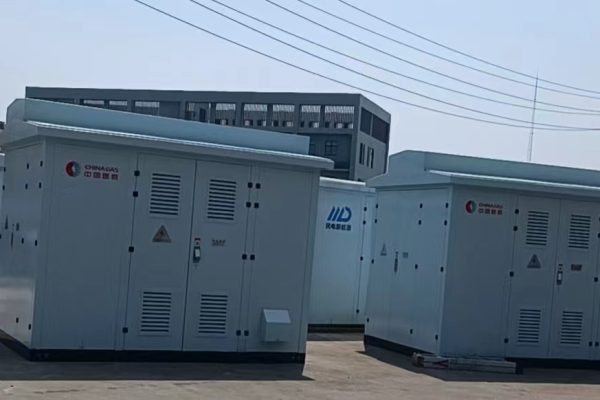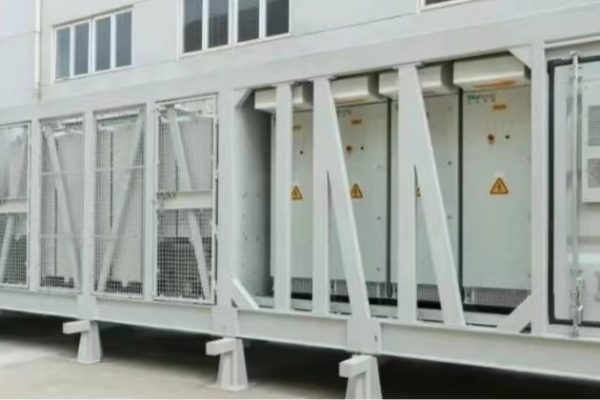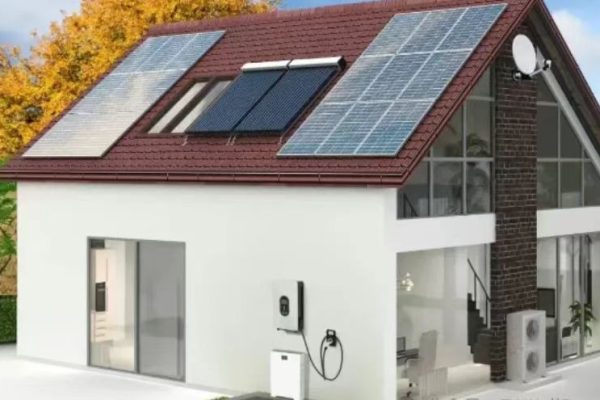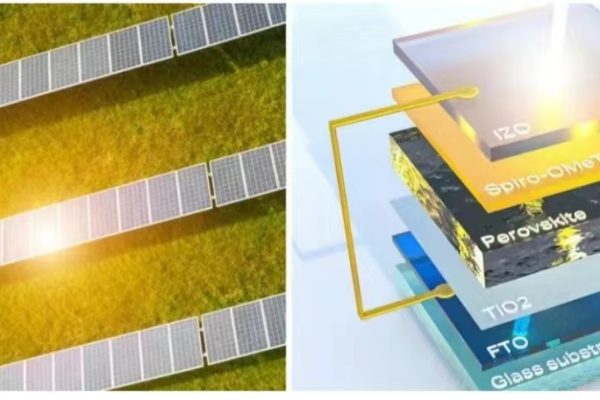One Size Does Not Fit All
In the global energy storage trade, the Battery Management System (BMS) is a decisive factor in system safety, performance, and buyer confidence. However, international clients do not view BMS requirements uniformly. Each region prioritizes different features depending on grid conditions, climate, regulations, and application scenarios. Exporters who understand these variations can position their products more effectively and respond to market needs with precision.
1. Europe: Focus on Safety and Interoperability
- Key Features Demanded:
- Advanced protection functions (overcharge, over-discharge, thermal runaway prevention).
- Compliance with CE and IEC standards.
- High compatibility with EMS and utility communication systems.
- Buyer Mindset: European clients value grid stability and regulatory compliance, making BMS safety and interoperability features critical.
2. United States: Integration with Popular Inverter Brands
- Key Features Demanded:
- Flexible communication protocols (CAN bus, Modbus).
- Plug-and-play integration with leading inverter manufacturers.
- Advanced diagnostics for predictive maintenance.
- Buyer Mindset: U.S. clients often prioritize ease of integration and reduced installation time, as labor costs are high and project timelines are tight.
3. Middle East: Heat Resistance and Reliability
- Key Features Demanded:
- Wide operating temperature range.
- Robust thermal management.
- Long cycle life guarantees.
- Buyer Mindset: With extreme environmental conditions, temperature resilience is a non-negotiable feature. Clients are willing to pay more for reliability in hot climates.
4. Africa and Southeast Asia: Simplicity and Cost Efficiency
- Key Features Demanded:
- Easy-to-use monitoring interfaces.
- Basic but reliable protective functions.
- Low-cost solutions with high durability.
- Buyer Mindset: In emerging markets, buyers prefer practical and affordable systems that minimize maintenance complexity.
5. Japan and Korea: Precision and Advanced Analytics
- Key Features Demanded:
- High-accuracy State of Charge (SoC) and State of Health (SoH) monitoring.
- Advanced data logging for long-term system optimization.
- Integration with smart grid and smart home platforms.
- Buyer Mindset: Clients in these regions emphasize technological sophistication, expecting the BMS to provide insights beyond simple protection.
6. Latin America: Hybrid Functionality
- Key Features Demanded:
- Compatibility with both grid-tied and off-grid setups.
- Remote monitoring capabilities.
- Affordable upgrade paths for system expansion.
- Buyer Mindset: Buyers want flexibility, as regional grids can be unstable, and systems often need to serve multiple purposes.
Exporter Strategy: Localize BMS Features
- Adapt product offers: Highlight different features in marketing depending on target region.
- Emphasize flexibility: Offer customizable BMS configurations.
- Support buyers with training: Provide guidance on how to use advanced features effectively.
Meeting Global Expectations Through Local Insight
BMS feature demands vary significantly by region, and exporters who adapt their approach can achieve a competitive edge. Whether it is safety in Europe, integration in the U.S., heat resilience in the Middle East, or simplicity in Africa, tailoring the BMS offering to regional buyer needs ensures higher acceptance and stronger trade relationships.








